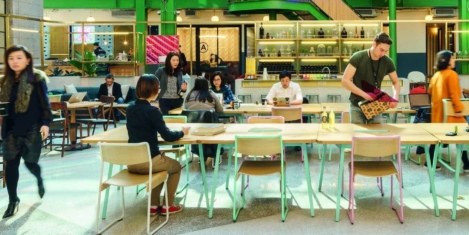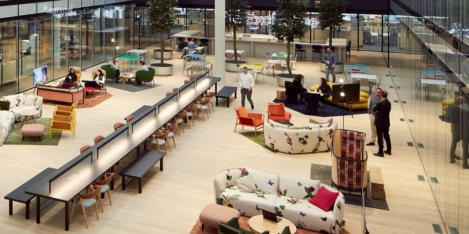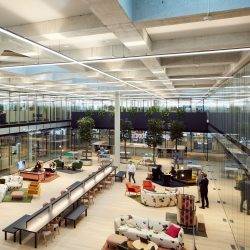To provide the best experiences, we use technologies like cookies to store and/or access device information. Consenting to these technologies will allow us to process data such as browsing behaviour or unique IDs on this site. Not consenting or withdrawing consent, may adversely affect certain features and functions.
The technical storage or access is strictly necessary for the legitimate purpose of enabling the use of a specific service explicitly requested by the subscriber or user, or for the sole purpose of carrying out the transmission of a communication over an electronic communications network.
The technical storage or access is necessary for the legitimate purpose of storing preferences that are not requested by the subscriber or user.
The technical storage or access that is used exclusively for statistical purposes.
The technical storage or access that is used exclusively for anonymous statistical purposes. Without a subpoena, voluntary compliance on the part of your Internet Service Provider, or additional records from a third party, information stored or retrieved for this purpose alone cannot usually be used to identify you.
The technical storage or access is required to create user profiles to send advertising, or to track the user on a website or across several websites for similar marketing purposes.
 Two new studies published in the Journal Frontiers in Psychology explore our complex relationships with smartphones. The first study from Canadian researchers, concludes that our addiction to smartphones is a real phenomenon but one that is rooted in a primal desire to connect with other people, suggesting that smartphone addiction is best described as hyper-social, rather than anti-social. However, the second study led by academics in Brazil claims that a pronounced preoccupation with smartphones can lead to poorer decision making.
Two new studies published in the Journal Frontiers in Psychology explore our complex relationships with smartphones. The first study from Canadian researchers, concludes that our addiction to smartphones is a real phenomenon but one that is rooted in a primal desire to connect with other people, suggesting that smartphone addiction is best described as hyper-social, rather than anti-social. However, the second study led by academics in Brazil claims that a pronounced preoccupation with smartphones can lead to poorer decision making.















 Ahead of daylight savings this weekend,
Ahead of daylight savings this weekend, 

















March 29, 2019
Co-design is an old idea, but it belongs to the 21st Century like never before
by Jonathan Hindle • Comment, Workplace design